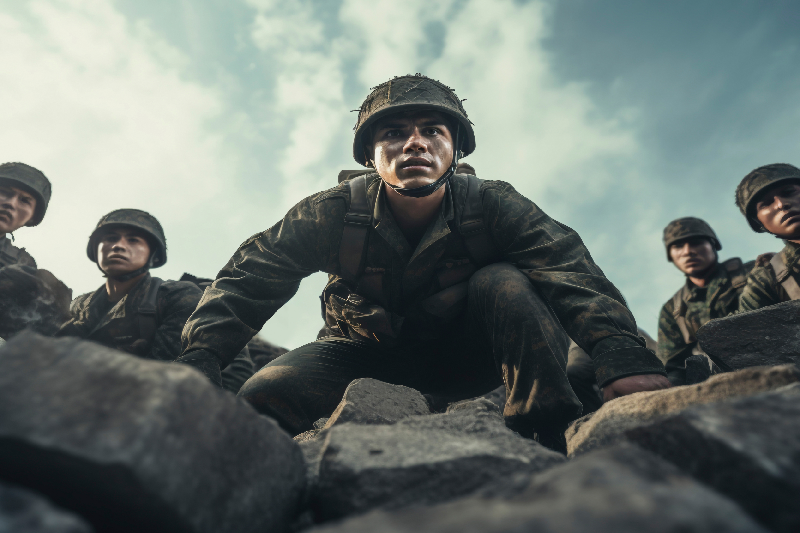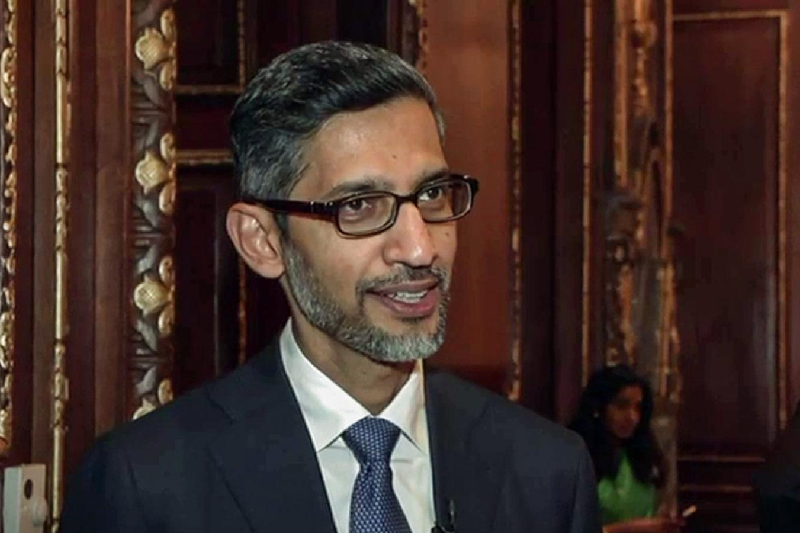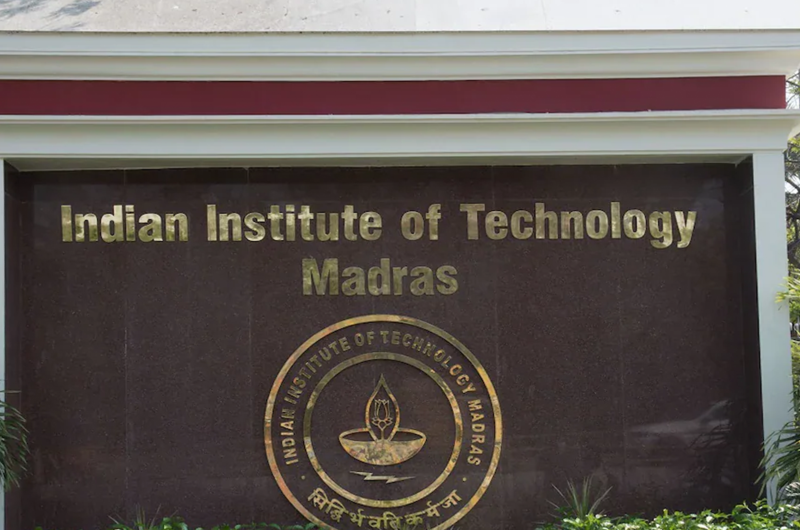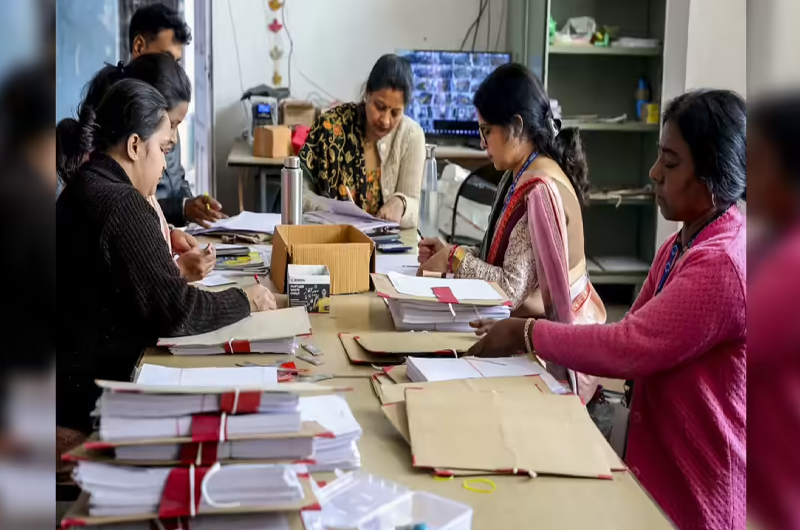
Maharashtra to Introduce Basic Military Training for Class 1 Students to Foster Discipline and Patriotism
In a groundbreaking initiative aimed at shaping the future of Maharashtra's youth, the state government has announced plans to introduce basic military training for students starting from the first grade. This move seeks to instill a sense of discipline, patriotism, and physical fitness among young learners.
Objective of the Initiative
State School Education Minister Dada Bhuse emphasized that the primary goal of this initiative is to cultivate a deep-rooted love for the country, encourage regular physical exercise, and instill discipline in students from a young age. By integrating basic military training into the school curriculum, the government aims to produce well-rounded individuals who not only excel academically but also embody the values of responsibility and national pride.
Implementation Strategy
To effectively roll out this ambitious program, the state plans to leverage the expertise of approximately 2.5 lakh ex-servicemen. These veterans will collaborate with sports teachers, National Cadet Corps (NCC) instructors, and Scouts and Guides to provide structured training sessions. The involvement of these experienced personnel ensures that the training is both authentic and beneficial for the students.
Role of Ex-Servicemen and NCC
The National Cadet Corps (NCC) has a long-standing tradition of fostering discipline and leadership among young people. As a tri-services organization, the NCC combines elements of the Army, Navy, and Air Force, offering students a unique opportunity to engage in military-style training and activities. Their involvement in this initiative will bring a wealth of experience and a structured approach to the training modules.
Ex-servicemen, with their vast experience and understanding of military protocols, will play a crucial role in mentoring students, imparting values such as teamwork, respect, and resilience. Their participation not only enriches the training process but also bridges the gap between the armed forces and the civilian populace.
Expected Outcomes
By introducing military training at the foundational level, the government anticipates several positive outcomes:
- Enhanced Discipline: Structured training routines will help students develop self-discipline and time management skills.
- Physical Fitness: Regular physical activities will promote health and well-being among students.
- Patriotism: Exposure to military values and history will foster a sense of national pride and responsibility.
- Leadership Skills: Engaging in team-based activities cultivates leadership qualities and fosters teamwork.
Community and National Impact
This initiative is not just about physical training; it's about building character and a sense of community. By involving ex-servicemen and NCC personnel, the program creates a bridge between the military and civilian sectors, fostering mutual respect and understanding. Moreover, as students progress through their education, the values instilled during these formative years can have a lasting impact on their personal and professional lives.
Conclusion
Maharashtra's decision to introduce basic military training for Class 1 students marks a significant step towards holistic education. By blending academic learning with character-building activities, the state aims to nurture a generation that is not only knowledgeable but also disciplined, patriotic, and physically fit. As this initiative unfolds, it will be interesting to observe its impact on the students and the broader community.
This move aligns with the state's broader educational reforms, including the implementation of the CBSE curriculum up to Class 12 by 2028, reflecting a commitment to modernizing and enhancing the quality of education in Maharashtra.
For more updates on this initiative and other educational reforms in Maharashtra, stay tuned to official announcements from the state's education department.



